Breastfeeding can be a wonderful way to bond with your baby, but that doesn’t mean it always comes easy. Many parents face challenges in the early days, and it can be tough to tell whether your baby is feeding well or not.
Here are some common signs that your baby might not be getting enough milk and what you can do if you notice them.
1. Painful Nursing Sessions
Discomfort is common at first, but sharp or prolonged nipple pain during feedings is a red flag. It may suggest a poor latch, which can lead to cracked or sore nipples and less milk intake for your baby.
2. Sleepy or Disinterested Baby
While newborns do sleep a lot, a baby who consistently sleeps through feedings or doesn’t wake every 2–3 hours to eat might not be getting enough nourishment.
3. Weak or Inconsistent Sucking
Effective breastfeeding requires a strong and rhythmic suck. If your baby’s sucking is fluttery or irregular, they may not be extracting enough milk.
4. Latching Difficulties
Struggling to latch, popping off frequently, or needing constant repositioning are all signs your baby may not be attaching deeply enough to the breast.
5. Noisy Feeding
Clicking or popping sounds during nursing could mean your baby is breaking suction repeatedly — a potential sign of poor latch or tongue tie.
6. Infrequent Nursing
Newborns should nurse at least every 2–3 hours. If your baby isn’t waking regularly to feed, it may be due to low energy from insufficient milk intake.
7. Baby Still Hungry After Feeding
A well-fed baby will generally appear satisfied and relaxed post-feed. If your baby seems frustrated or restless afterward, they may not be getting enough milk.
8. Breast Engorgement
Persistent fullness or discomfort in your breasts could mean your baby isn't removing milk effectively, which might decrease your milk supply over time.
9. Few Diapers
Diaper output is one of the simplest ways to track feeding success. A baby should have several wet diapers and at least a few bowel movements daily, especially in the early weeks.
10. Weight Concerns
Some weight loss is normal initially, but excessive loss (more than 7–10% of birth weight) or failure to regain birth weight by two weeks is a warning sign. Continued slow weight gain (less than ½ to ¾ oz. per day) also warrants attention.
When to Seek Help
If you’re noticing any of these signs, don’t hesitate to reach out. A certified Lactation Consultant can help identify the root cause and offer techniques to improve feeding effectiveness. Early intervention can make a significant difference for both you and your baby.
This article is intended for general informational purposes only and should not be used as a substitute for medical advice, diagnosis, or treatment. Always seek the guidance of your doctor, pediatrician, or a certified lactation consultant with any questions you may have about your or your baby's health
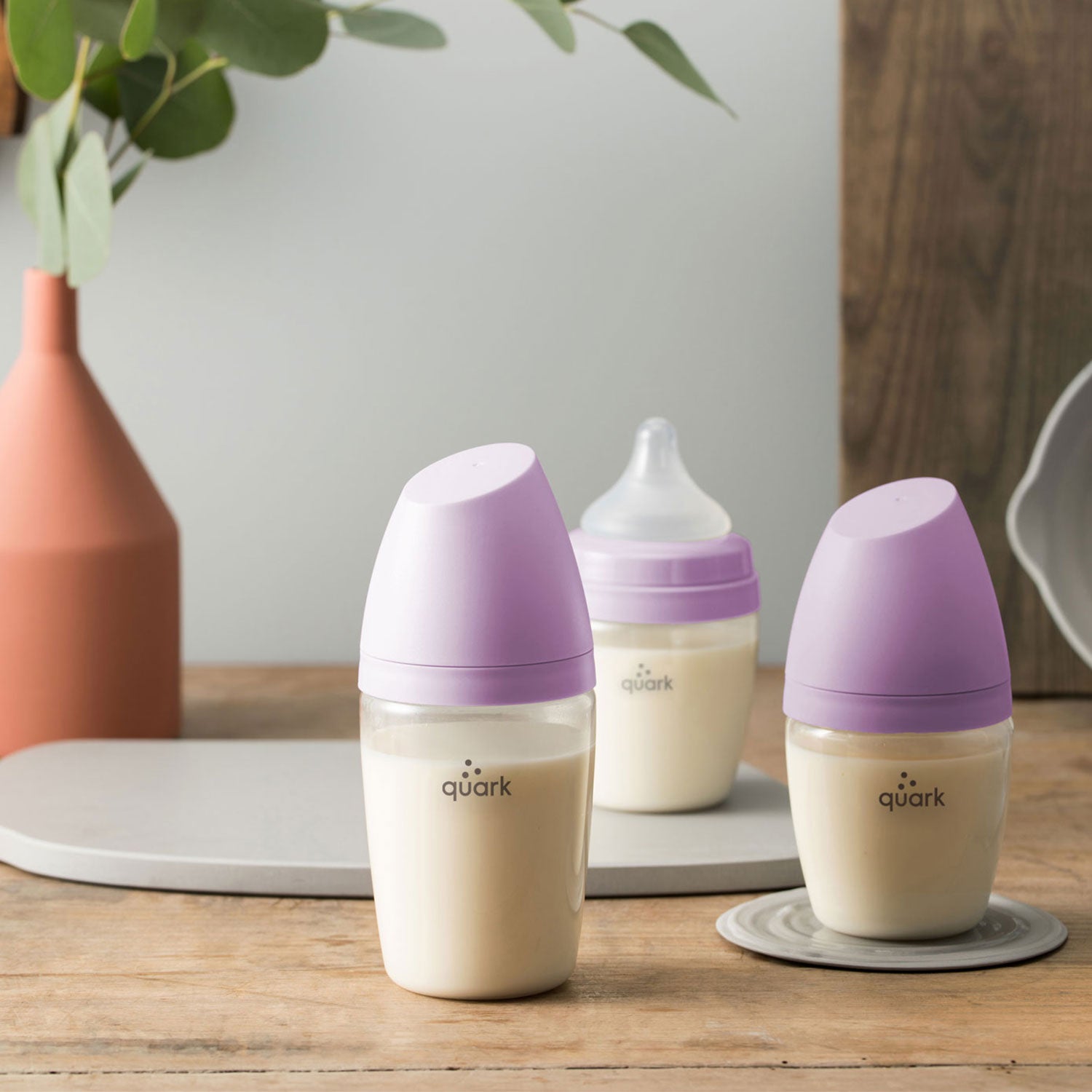




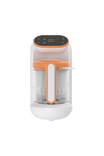
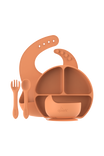
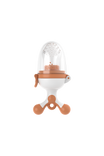
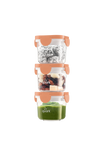
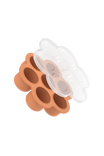
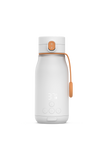
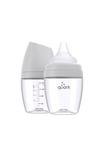
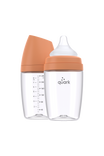
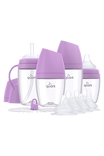
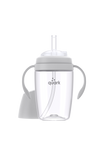
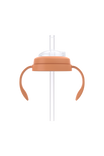
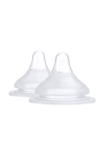
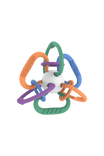




Laisser un commentaire
Tous les commentaires sont modérés avant d'être publiés.
Ce site est protégé par hCaptcha, et la Politique de confidentialité et les Conditions de service de hCaptcha s’appliquent.